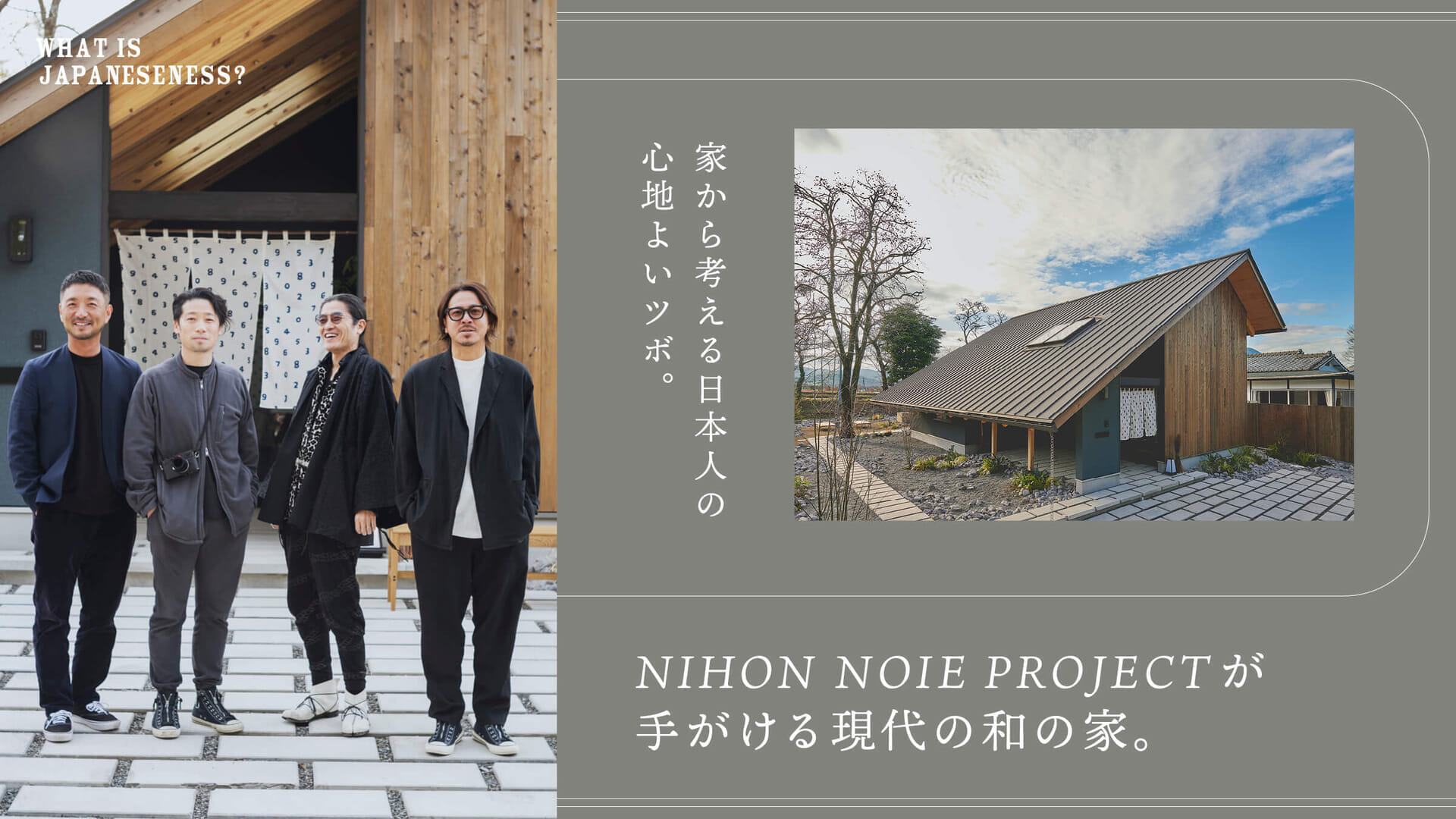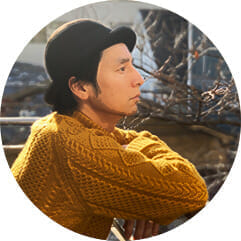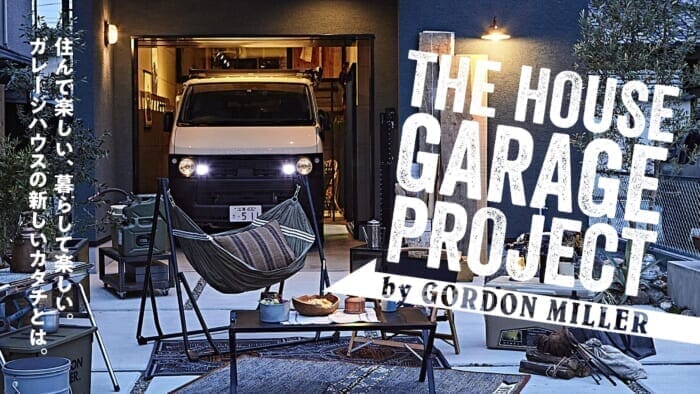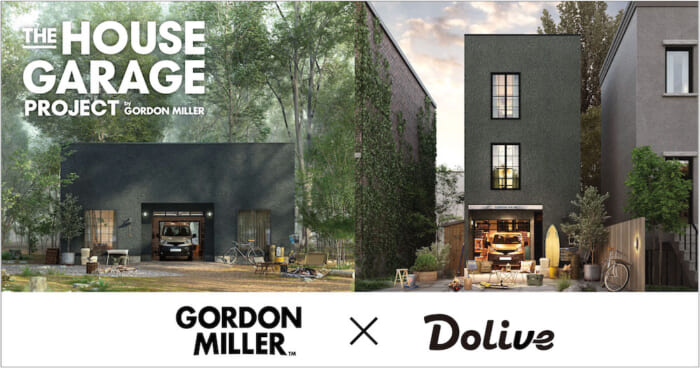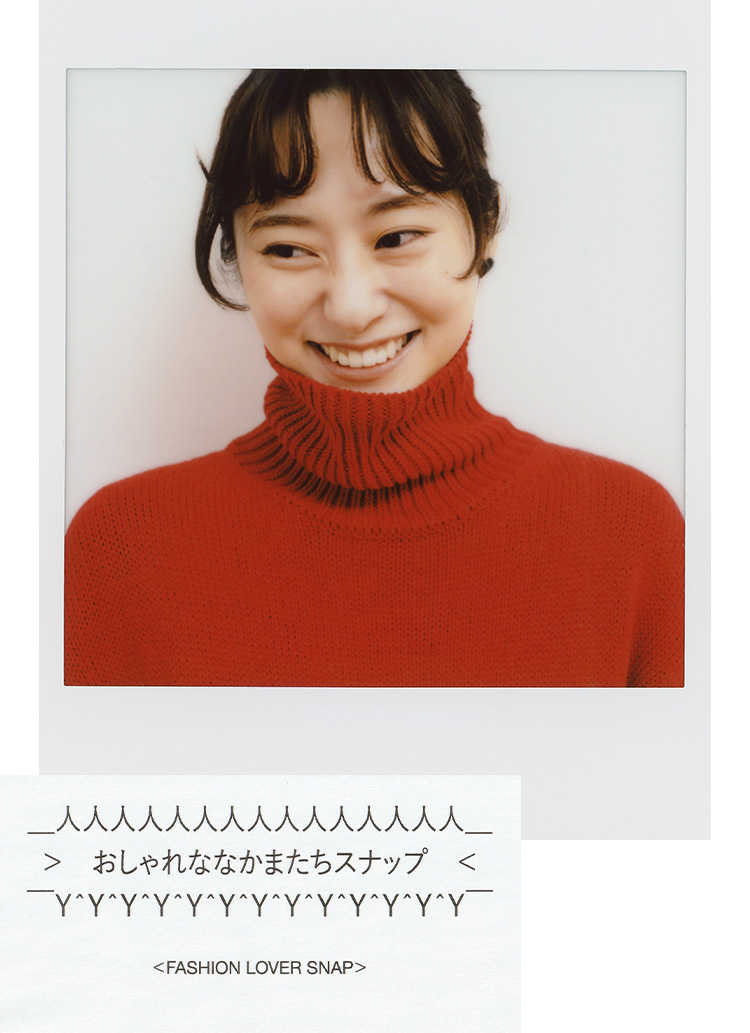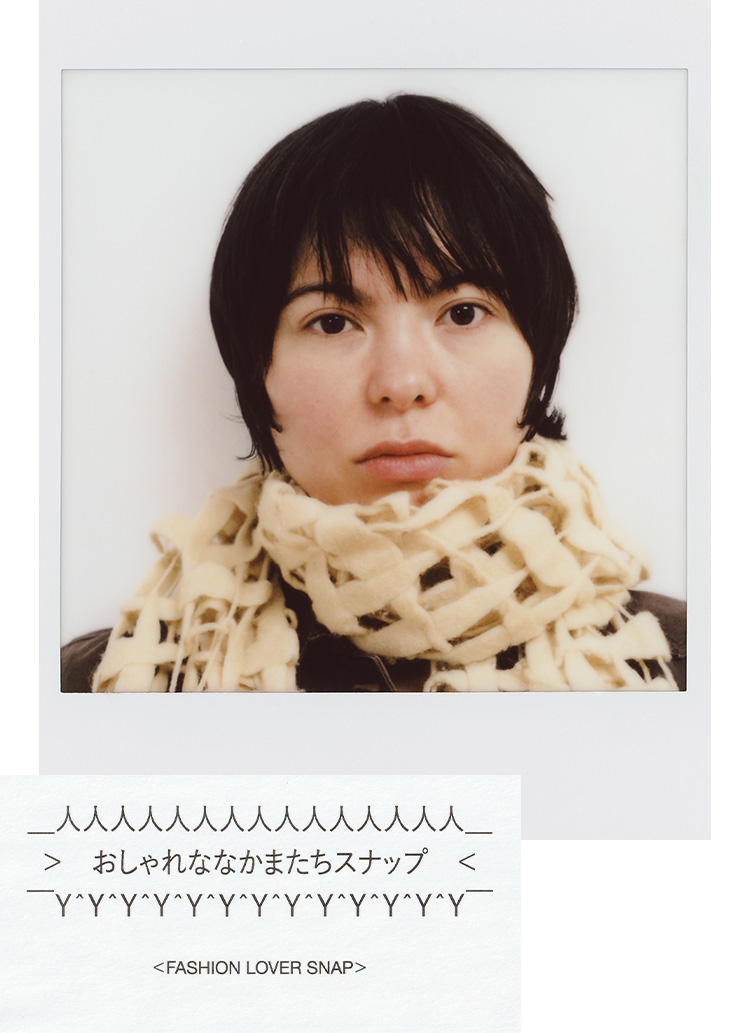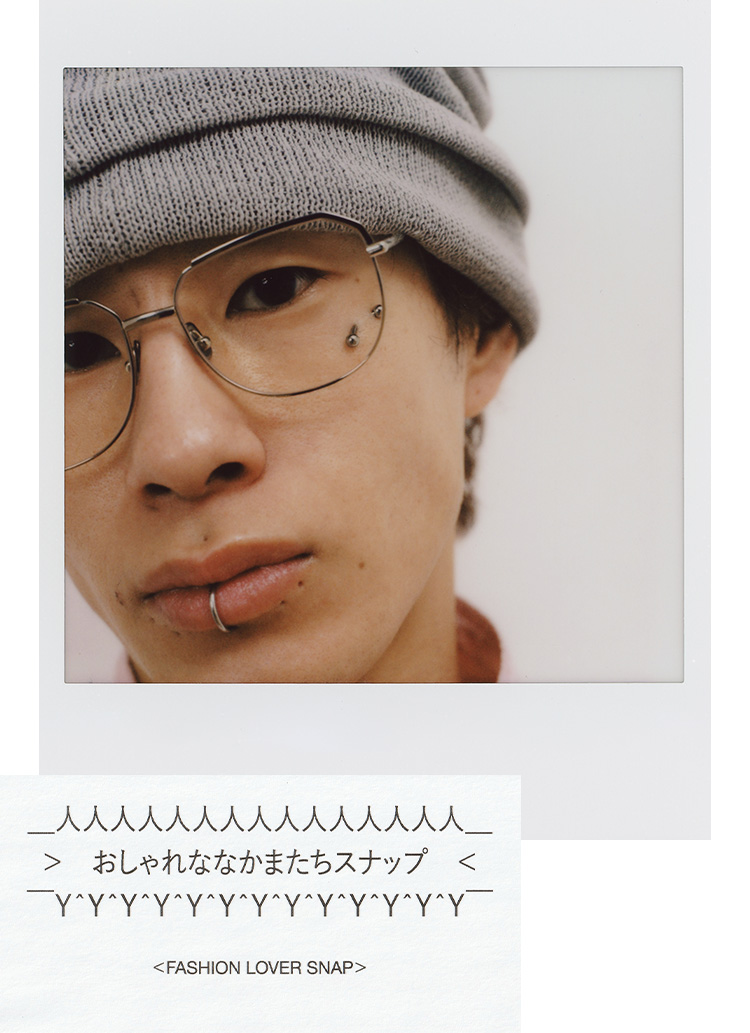Are there any drawbacks to a Japanese house?
What concerns me when I see actual houses built is the insulation, which is considered a weak point in Japanese-style architecture.

'Don't worry about it, because the air conditioning is solid and modern homes use decent sash and insulation. The insulation in your grandparents' house has probably already fallen off, so it has almost zero performance. It's not like that," said Hayashi.
And what about the price? This is an area of concern because housing is considered the most expensive purchase in one's lifetime.
When we actually announced the project and built this model house, there was a negative reaction, saying that such a Japanese-style building looks expensive, but in fact it is in the general price range for standard housing. There are slight differences in price depending on the area and company constructing the building, but I can say with confidence that the cost performance is quite good." (Mr. Hayashi)
Why did they build a model house here in Yufuin, rather than in Tokyo or other big city suburbs where transportation is convenient? We, HOUYHNHNM included, had a wonderful experience that rarely happens. ......

I think that the element of 'wa' that is familiar to everyone today is decreasing. That is why I thought it was necessary for people to experience "wa" again in Yufuin, a location that retains the original Japanese landscape," said Hayashi.
As for the "home" genre, the only places where one can feel a sense of harmony are the homes of one's parents and grandparents, and these are disappearing. Of course, there is the idea of interpreting the Japanese culture that has fallen into disuse in a modern way. However, as a person living in Japan, I wondered what would be the most "typical" and what we came up with this time is our interpretation of the Japanese culture.
The result is a house with lots of blank space and a well-thought-out relationship with its surroundings. Surrounding the house is a rich natural environment of rivers and greenery. This is where he feels the great future lies.
I think the place where we feel comfortable is the countryside. Whether you drive a car or take a train, you definitely like the countryside. This is not limited to Japan or overseas. I think we live in an age where there is always content to be found in these places, and I want to make sure that we dig it up.
As part of the "NIHON NOIE PROJECT," an original Kabosu green tea developed in collaboration with EN TEA, a tea brand that promotes a new way to enjoy Japanese tea, was served at the reception event to celebrate the completion of the model house. The green tea was paired with "Nishi no Hoshi" from Sanwa Shuzui, a sake brewery in Oita Prefecture, and "Iichiko," the company's popular shochu (Japanese liquor).
*The "Kabosu Green Tea" set created through this project will be given away to 30 winners in a drawing. For details, please contactthis way (direction close to the speaker or towards the speaker)From.


